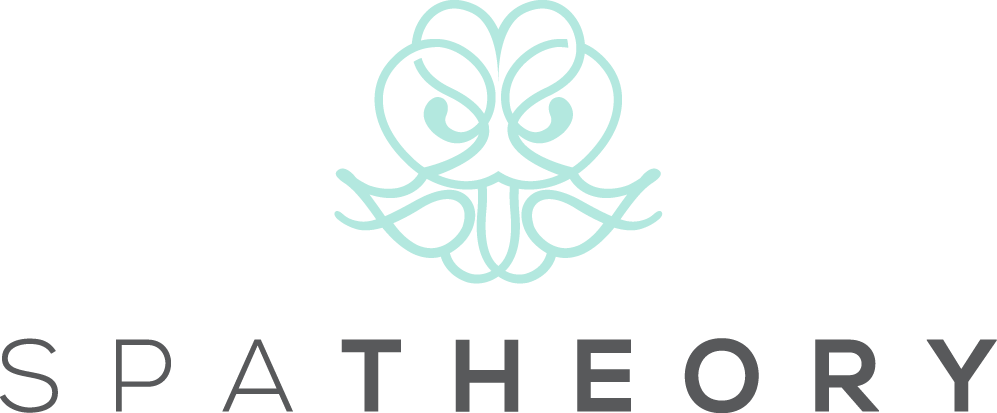5 Benefits of Prenatal Massage
Pregnancy is a magical time, but it can also be accompanied by a unique set of physical and emotional challenges. If you're wondering how to alleviate some of the discomforts of pregnancy and enhance your overall well-being, prenatal massage might be the answer you've been searching for. This specialized therapy is tailored to the needs of expectant mothers, offering a range of benefits that can significantly improve your pregnancy experience. Let’s take a closer look.
What is Prenatal Massage?
Prenatal massage is a therapeutic approach specifically designed for pregnant women. It aims to relax tense muscles, ease sore spots, and improve circulation and mobility. With techniques adapted for different stages of pregnancy, this type of massage ensures safety and comfort, helping you feel more connected to your body as it prepares for childbirth.
Benefits of Prenatal Massage
Relieves Pregnancy Discomforts
During pregnancy, your body undergoes various changes that can lead to discomforts such as back pain, neck stiffness, and swelling in the limbs. Prenatal massage helps to relieve these discomforts by targeting the specific areas of pain and tension, making your pregnancy journey more comfortable.
Reduces Stress and Anxiety
The anticipation of childbirth and the changes in your hormonal balance can significantly increase stress and anxiety levels. Prenatal massage aids in releasing endorphins, your body's natural feel-good hormones, which reduce stress and promote relaxation.
Improves Sleep Quality
Many pregnant women struggle with sleep disturbances. Through relaxing the nervous system and soothing tense muscles, prenatal massage can improve sleep quality, ensuring you and your baby are well-rested.
Enhances Circulation
Improved blood flow is vital during pregnancy as it supports fetal growth and development while also reducing swelling and blood pressure. Prenatal massage enhances circulation, which aids in better delivery of nutrients to the vital organs and helps in maintaining healthy blood pressure levels.
Supports Emotional Well-being
Connecting with your body and unborn child through massage can significantly uplift your spirit. This therapy provides a tranquil space to focus on your body’s needs, fostering an emotional balance that is beneficial both during and after pregnancy.
Safety Considerations
Importance of Professional Massage Therapy
Always seek a certified prenatal massage therapist who understands the nuances of massaging pregnant women safely. Their expertise ensures that the massage is beneficial and not detrimental to your pregnancy.
Consultation with Healthcare Provider
Before beginning any new therapy during pregnancy, it’s crucial to consult with your healthcare provider - they can advise whether prenatal massage is safe for you and suggest the best positions for prenatal massage based on your specific conditions.
Positioning and Support
Proper positioning during a prenatal massage is critical to protect your baby and you. Special cushions and bolsters are used to provide support and comfort, allowing the therapist to effectively address your unique needs without compromising safety.
When to Avoid Prenatal Massage
High-Risk Pregnancy
If your pregnancy is classified as high-risk, it's essential to avoid any therapies that could potentially complicate the pregnancy, including certain types of massage.
Risk of Preterm Labor
Women at risk of preterm labor should consult their doctor before receiving a prenatal massage, as some techniques might stimulate contractions.
Blood Clotting Disorders
Pregnant women with conditions that affect blood clotting should avoid massages to prevent the risk of blood clots.
Intense Discomfort or Pain During Massage
If prenatal massage causes intense discomfort or pain, it should be stopped immediately, and medical advice should be sought.
Preparing for a Prenatal Massage
Hydration
Staying hydrated is crucial before and after your massage to help flush out toxins and support healthy circulation.
Eat a Light Meal
Eating a light meal before your session can prevent any discomfort and help maintain your energy levels.
Wear Comfortable Clothing
Opt for loose, comfortable clothing to make it easier for your massage therapist to work and for you to relax fully.
Communicate Preferences and Concerns
Always communicate openly with your massage therapist about any discomfort or special needs you may have during your session - they want the best experience for both of you, so open dialogue is key.
The Bottom Line
Ultimately, investing in prenatal massage is investing in both your own well-being as well as that of your baby’s; it’s a safe, natural way to ease the discomforts of pregnancy while preparing your mind and body for the journey ahead. So if you’re ready to experience the numerous benefits of prenatal massage, don’t hesitate to book a mobile massage in Austin. Discover how a skilled therapist can tailor your session to benefit your unique pregnancy needs and enhance your maternal health.
FAQs
Can prenatal massage help with morning sickness?
While prenatal massage is primarily known for its ability to alleviate muscle and joint pain, some women find that it can also help reduce the severity of morning sickness. The relaxation and stress relief provided by massage may lessen nausea for some expectant mothers. However, it's important to discuss any severe morning sickness with your healthcare provider before seeking massage therapy.
How often should I get a prenatal massage?
The frequency of prenatal massages can vary depending on individual needs and medical advice. Generally, a massage once a month is beneficial for maintaining comfort and well-being throughout pregnancy. As you approach your due date, you might find that increasing the frequency to once a week helps manage late-pregnancy discomforts more effectively.


